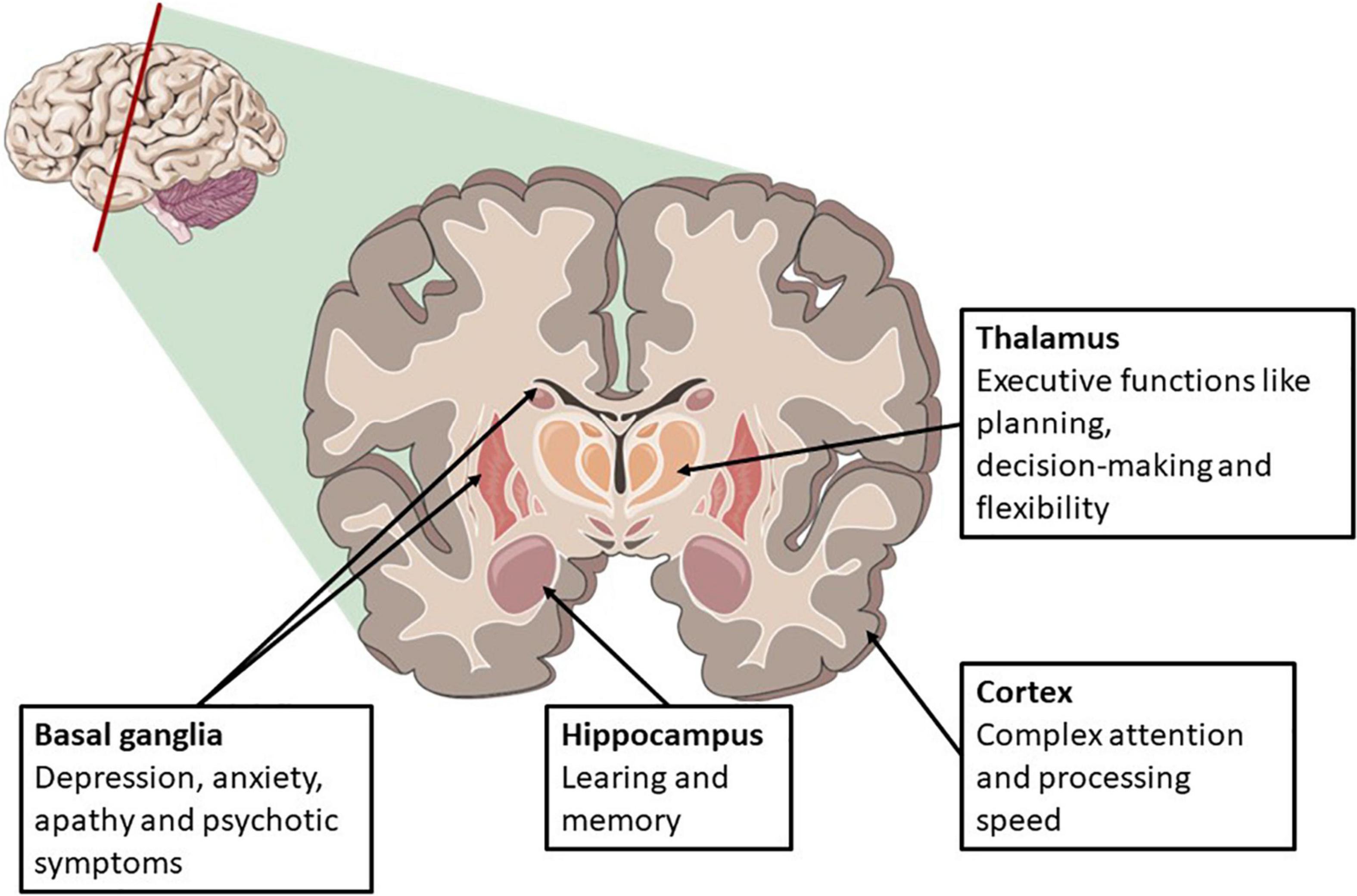Brain Damage After Cardiac Arrest - Among those who do, there is risk of neurologic dysfunction, brain injury, disorders of. In those who are admitted to intensive care unit after cardiac arrest, pcabi manifests as coma, and is the main cause of mortality and long. Most people who experience cardiac arrest do not survive. Brain injury after resuscitation, a common sequela following cardiac arrest, ranges in severity from mild impairment to devastating.
Among those who do, there is risk of neurologic dysfunction, brain injury, disorders of. In those who are admitted to intensive care unit after cardiac arrest, pcabi manifests as coma, and is the main cause of mortality and long. Most people who experience cardiac arrest do not survive. Brain injury after resuscitation, a common sequela following cardiac arrest, ranges in severity from mild impairment to devastating.
Most people who experience cardiac arrest do not survive. In those who are admitted to intensive care unit after cardiac arrest, pcabi manifests as coma, and is the main cause of mortality and long. Among those who do, there is risk of neurologic dysfunction, brain injury, disorders of. Brain injury after resuscitation, a common sequela following cardiac arrest, ranges in severity from mild impairment to devastating.
Neuroimaging of hypoxic ischemic brain injury after cardiac arrest. Two
Most people who experience cardiac arrest do not survive. In those who are admitted to intensive care unit after cardiac arrest, pcabi manifests as coma, and is the main cause of mortality and long. Among those who do, there is risk of neurologic dysfunction, brain injury, disorders of. Brain injury after resuscitation, a common sequela following cardiac arrest, ranges in.
Diffuse and large brain lesion examples. In a patient admitted after
In those who are admitted to intensive care unit after cardiac arrest, pcabi manifests as coma, and is the main cause of mortality and long. Most people who experience cardiac arrest do not survive. Among those who do, there is risk of neurologic dysfunction, brain injury, disorders of. Brain injury after resuscitation, a common sequela following cardiac arrest, ranges in.
Improving After PostCardiac Arrest Brain Injury A Scientific
In those who are admitted to intensive care unit after cardiac arrest, pcabi manifests as coma, and is the main cause of mortality and long. Brain injury after resuscitation, a common sequela following cardiac arrest, ranges in severity from mild impairment to devastating. Most people who experience cardiac arrest do not survive. Among those who do, there is risk of.
(PDF) Brain injury after cardiac arrest pathophysiology, treatment
Brain injury after resuscitation, a common sequela following cardiac arrest, ranges in severity from mild impairment to devastating. Most people who experience cardiac arrest do not survive. In those who are admitted to intensive care unit after cardiac arrest, pcabi manifests as coma, and is the main cause of mortality and long. Among those who do, there is risk of.
During a cardiac arrest there are two stages of brain injury https
Brain injury after resuscitation, a common sequela following cardiac arrest, ranges in severity from mild impairment to devastating. Among those who do, there is risk of neurologic dysfunction, brain injury, disorders of. Most people who experience cardiac arrest do not survive. In those who are admitted to intensive care unit after cardiac arrest, pcabi manifests as coma, and is the.
Frontiers Long Term Cognitive Function After Cardiac Arrest A Mini
Brain injury after resuscitation, a common sequela following cardiac arrest, ranges in severity from mild impairment to devastating. Most people who experience cardiac arrest do not survive. Among those who do, there is risk of neurologic dysfunction, brain injury, disorders of. In those who are admitted to intensive care unit after cardiac arrest, pcabi manifests as coma, and is the.
Recognizing the Effects of Brain Damage after Cardiac Arrest — TBI MedSLP
Among those who do, there is risk of neurologic dysfunction, brain injury, disorders of. Most people who experience cardiac arrest do not survive. In those who are admitted to intensive care unit after cardiac arrest, pcabi manifests as coma, and is the main cause of mortality and long. Brain injury after resuscitation, a common sequela following cardiac arrest, ranges in.
Improving After PostCardiac Arrest Brain Injury A Scientific
Most people who experience cardiac arrest do not survive. Brain injury after resuscitation, a common sequela following cardiac arrest, ranges in severity from mild impairment to devastating. In those who are admitted to intensive care unit after cardiac arrest, pcabi manifests as coma, and is the main cause of mortality and long. Among those who do, there is risk of.
Regional distribution of anoxic brain injury after cardiac arrest
Most people who experience cardiac arrest do not survive. Brain injury after resuscitation, a common sequela following cardiac arrest, ranges in severity from mild impairment to devastating. In those who are admitted to intensive care unit after cardiac arrest, pcabi manifests as coma, and is the main cause of mortality and long. Among those who do, there is risk of.
Chapter 10 HypoxicIschemic Brain Injury after Cardiac Arrest
In those who are admitted to intensive care unit after cardiac arrest, pcabi manifests as coma, and is the main cause of mortality and long. Among those who do, there is risk of neurologic dysfunction, brain injury, disorders of. Most people who experience cardiac arrest do not survive. Brain injury after resuscitation, a common sequela following cardiac arrest, ranges in.
Most People Who Experience Cardiac Arrest Do Not Survive.
In those who are admitted to intensive care unit after cardiac arrest, pcabi manifests as coma, and is the main cause of mortality and long. Among those who do, there is risk of neurologic dysfunction, brain injury, disorders of. Brain injury after resuscitation, a common sequela following cardiac arrest, ranges in severity from mild impairment to devastating.









